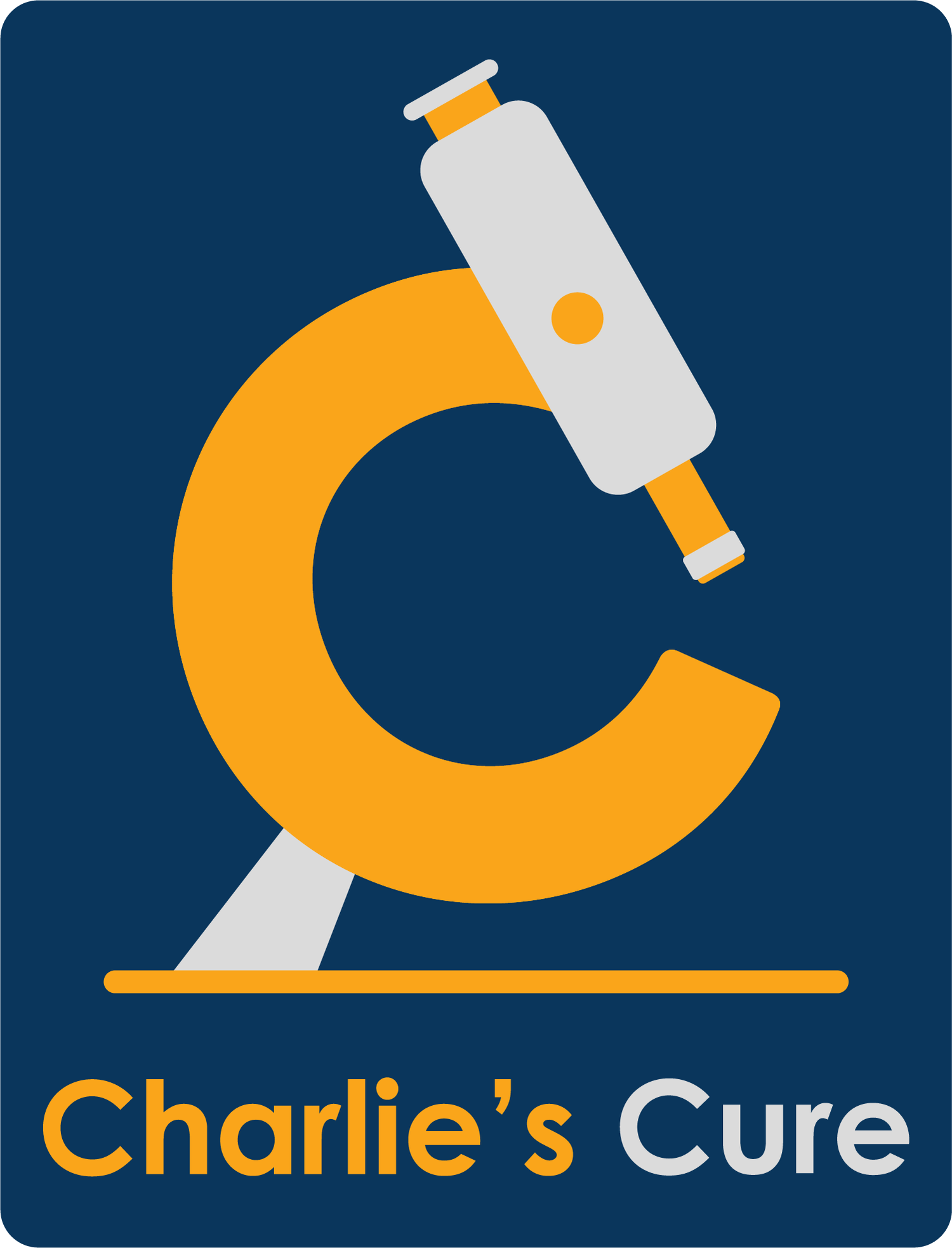From Denial to Diagnosis
It started quietly, the hum of background static. The gentle tug of that spidey sense that uploads to a mother’s brain the moment she becomes one. There’s no way, I thought. You’re being paranoid, I told myself. Lightning doesn’t strike twice, I resolved.
Everything about our son Charlie’s arrival was unlikely. The series of pregnancy losses before him. The IVF cycle that produced him. The perfect surrogate we found to successfully carry him. How on earth could a rare disease now be responsible for his delays? I asked more questions at his well visits: Why isn’t he meeting this milestone? Why is progress so slow? Could this be something serious? I received reassurance like the balm it was—placating my hope that everything was just fine. Feeding my desire to remain firmly in denial, in the off-chance that it wasn’t.
Still, doubt broke through that denial every so often. A dear friend’s nephew was diagnosed with Duchenne, and along with heartbreak for their family I felt terror. Charlie had arrived within days of Ned. Why couldn’t they have this in common too? It all seemed to line up. I googled until heavy dread filled my chest. Denial was way more pleasant. I needed more time there.
We rode this rolling wave for a while, my eternal-optimist, never-worry husband offering that balm of reassurance at every turn. I was all too happy to continue partaking, until we approached Charlie’s third birthday and things just felt...off. His differences were becoming more impossible to ignore; I started to feel irresponsible for my eager willingness to look away from the inevitable knowing. A neurologist visit and a blood test could relieve me of my concerns. It could also confirm them.
Still, when we visited the orthopedic specialist who had fit Charlie for ASOs for what we thought was simple pronation, I spoke up. What if this is not nothing? What if there’s something to the whispers that break through, unbidden, as I lay in bed? We walked away with a neurology referral.
On the day of that visit, I carried Charlie into the medical office building, COVID adding the burden of managing the appointment alone. I walked in knowing that the answer I both dreaded and yearned for was about to be left within those walls. That living in denial was no longer possible or even desirable. It was time to know.
But first, the specialist offered one more day to soak in that soothe of reassurance. If this is anything, she said, it’s likely mild. Let’s run some tests to be sure. Oh I wanted to believe her; I did believe her. She called late that afternoon. It wasn’t nothing. It wasn’t mild. Charlie’s CK level was over 10,000; 500 would have been high. This was likely muscular dystrophy.
From time to time I think about how lucky we were to have three years of blissful ignorance, spent not without doubt, but within the temporary solace of denial. Three years of living without Duchenne in the room. But then I remember all I’ve learned from Charlie and our community already, my renewed awareness that life is right this minute. And I no longer have to hold the burden of doubt alone.
Now we know. Now we fight.

